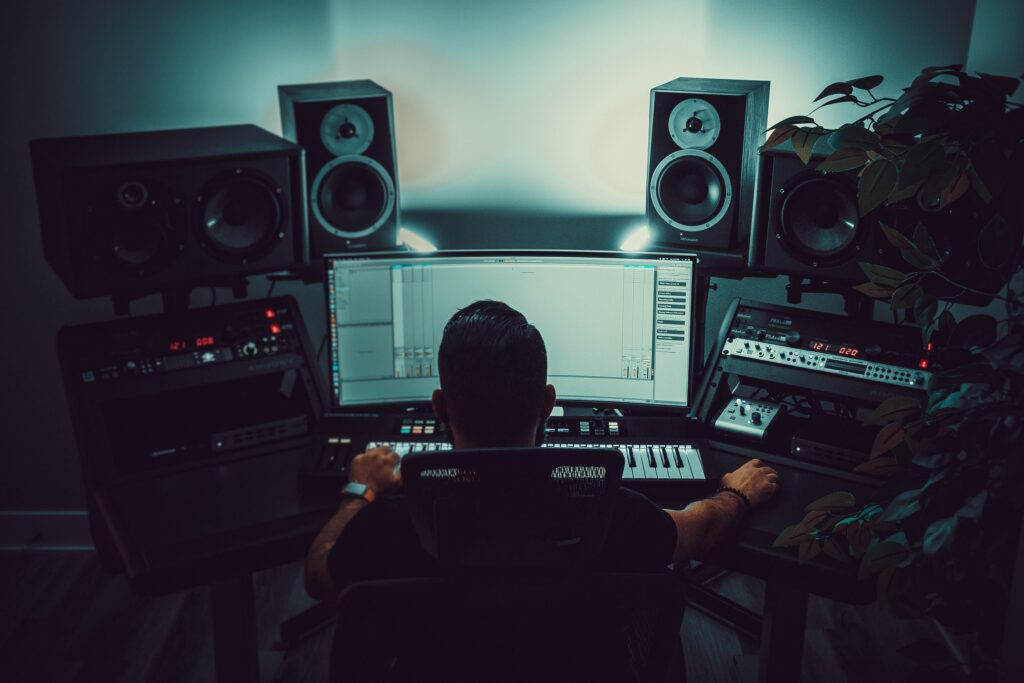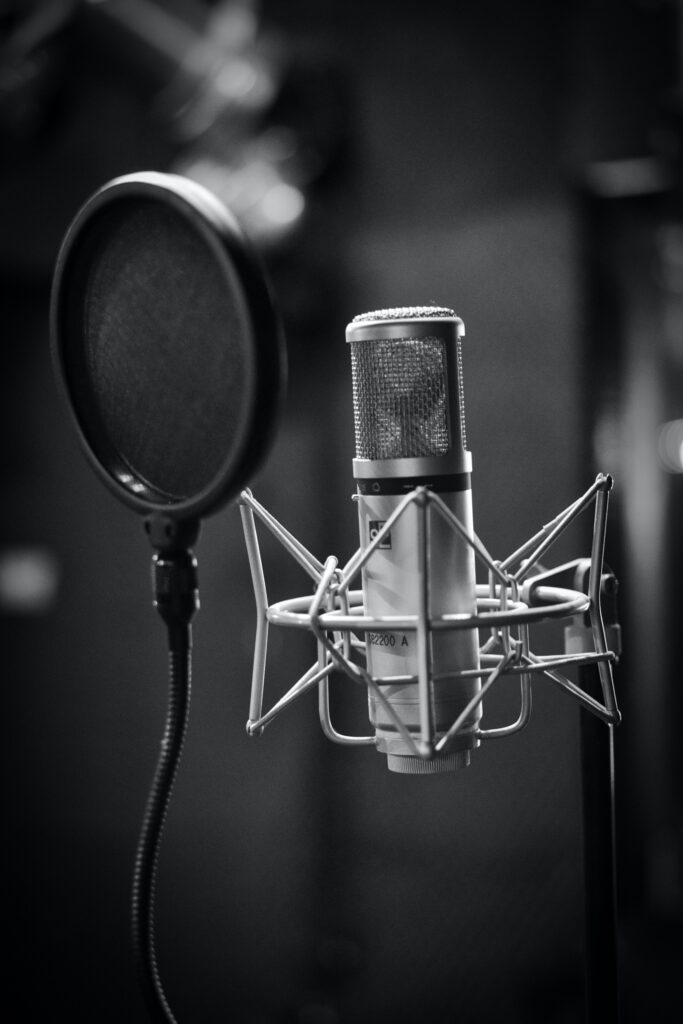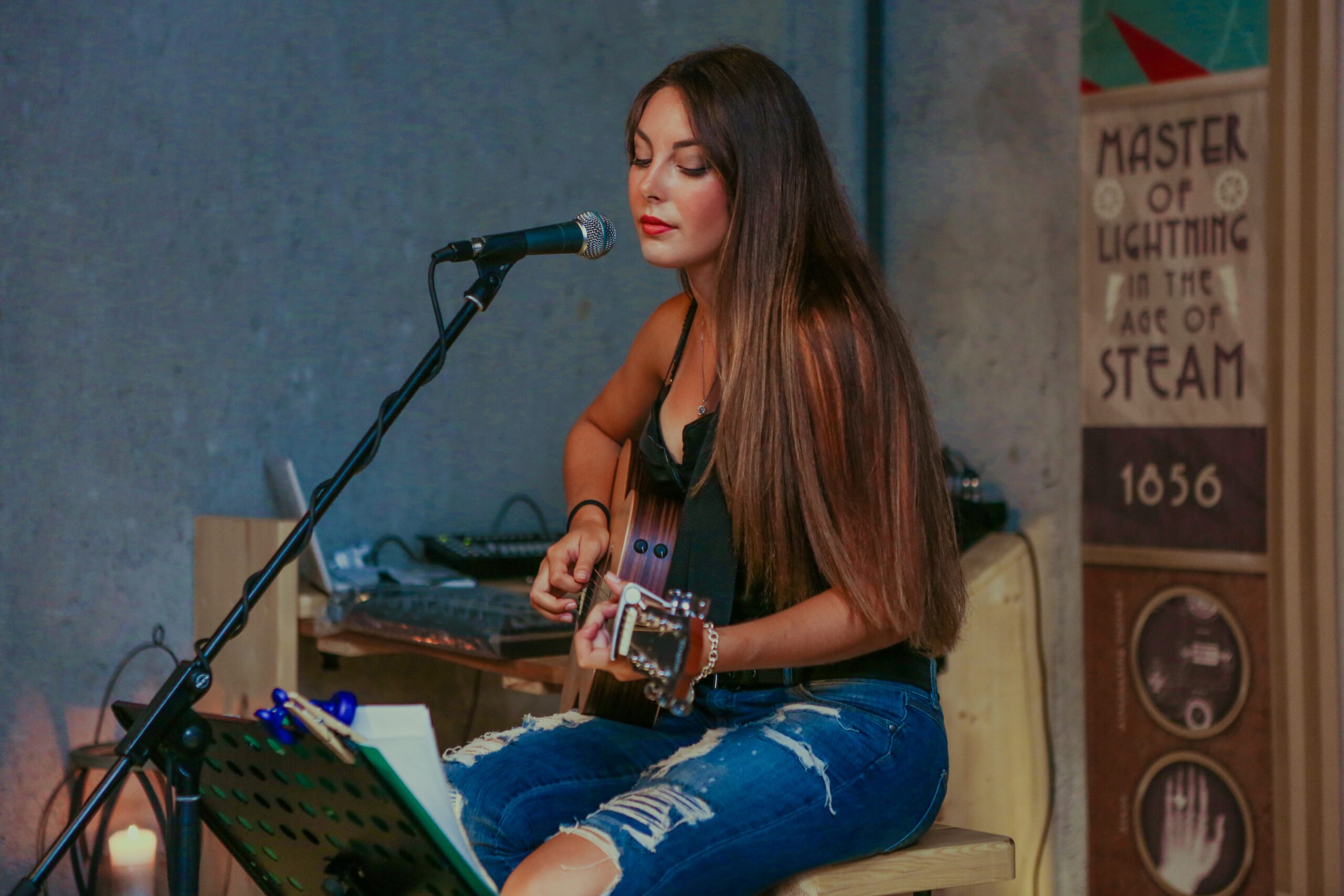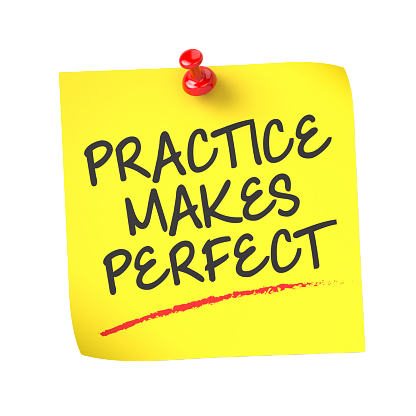INDUSTRY TIPS:
How to make the most of your recording session
While talent is key, don’t overlook these other critical factors.
Here are some tips for your next recording session to maximise your time and money.
It’s easy to think that your talent for songwriting and performance can get you through a recording session and produce the next big masterpiece the world is waiting for.
Whilst talent is important (well, necessary really!), don’t forget to factor in these other crucial elements.
BE PREPARED

How often do you rehearse? If you are a singer, how often do you warm up? Is it daily, weekly or not at all?
If you’re not well rehearsed and know your parts inside and out, when it comes time to perform in the studio, you can never be 100% focussed as you’ll be trying to remember how to perform your part.
If you don’t have time to rehearse, make the time. It is quite literally one of the most important factors that successful artists need.
It is said that it takes 10,000 hours to master your craft. That’s:
4 hours a day, 5 days a week, 52 weeks a year, for 10 years…better get started!
QUANTITY VS QUALITY
Almost always, the correct answer is ‘Quality’. Unless you have an endless budget, it’s not possible to have both Quality and Quantity.
Rather than knocking out 5-10 mediocre songs on a limited budget, why not instead focus on 1-2 songs and record them to the highest quality possible?
In these modern days of consuming music with a playlist on shuffle, artists don’t necessarily need full albums – in fact in most genres you may be wasting valuable money recording more songs than you need.
Emerging artists will get better value for money recording singles or small EP’s rather than a full-length album whilst they build their fanbase. This leaves additional budget for much needed social media marketing and playlisting.

REFERENCE TRACKS
To ensure your producer understands the creative direction of your music, it is vital that you reference tracks by other artists.
This will allow both you and your producer to understand what you like and don’t like about certain production elements so that you can replicate the same styles, flavours and techniques into your recordings.
Reference as many tracks as you like but only provide your producer with the top 2-3 tracks that most closely resemble what you’re after, otherwise you may end up using all of your session just deciding what it will sound like.
Note: Providing reference tracks with wildly different tempos or styles won’t be very helpful. Try and keep the reference tracks as close as possible to have the most focused creative direction.
PRODUCER VS ENGINEER
Both roles are super important to any recording and generally one person will do both jobs at once, however do not assume that a Producer can do the role of an Engineer, or vice versa.
A Producer will help refine your songs and provide guidance during the recording process. They will also steer the style of the song and arrangement, as well as coach you to get the very best performance possible.
An Engineer is the person doing the technical recording i.e. setting up the mic, recording, editing, mixing and mastering. If your Engineer is not a Producer, then you will be left to self-produce, which is very tough to do whilst you are also performing.

PRE-PRODUCTION

Pre-production (often called a demo or scratch tracks) is essentially creating draft version of your song first to hear what all the elements sound like when recorded together. This gives you the opportunity to critique anything from the songwriting, arrangement, tempo, melodies and chord progressions.
Is that verse too long? Could that amazing chorus be repeated again? Does the vocal hook need to be copied by one of the Instruments? Largely, these decisions should be made in the pre-production stage, and before any master tracks are recorded.
Even if you don’t have access to home recording equipment to make a demo, or have the budget to make scratch tracks in the studio, don’t undervalue a mobile phone recording as valuable tool. Creating the opportunity for an outside perspective will enable you to work out any final kinks in the song before you record master takes.
TUNING AND INTONATION
A fantastic way to ruin any song is to be out of tune or out of time. Some mistakes can be fixed by using software such as Melodyne or Autotune, or by copy/pasting from a different part of the song where you do the same thing, but most of the time it means you’ll need to re-record or just put up with an out of tune recording.
Having a high-quality instrument will assist with tuning and intonation, but only if it the intonation has been set up. Guitarists should consider an Evertune bridge for your next purchase.

PERFORMANCE

Now that you’re fully rehearsed, you’ve successfully completed pre-production, and you’re all set to record your master takes, the final obstacle is performance.
Each musician needs to perform at their peak. Ensure you spend enough time getting your takes down and don’t rush the time and make compromises.
Artists often say things like, “Got that in 1 take!”. Whilst it might be good, consider what it might sound like with a few more takes. Inspiration often comes in the studio where even a bad take can inspire a new idea that you’d never have thought of before.
The final and most important piece of advice here is…
Simply enjoy the session and just have fun!


